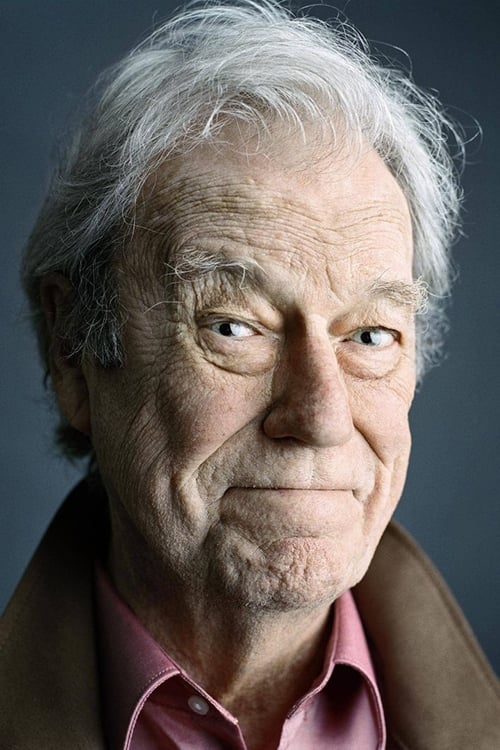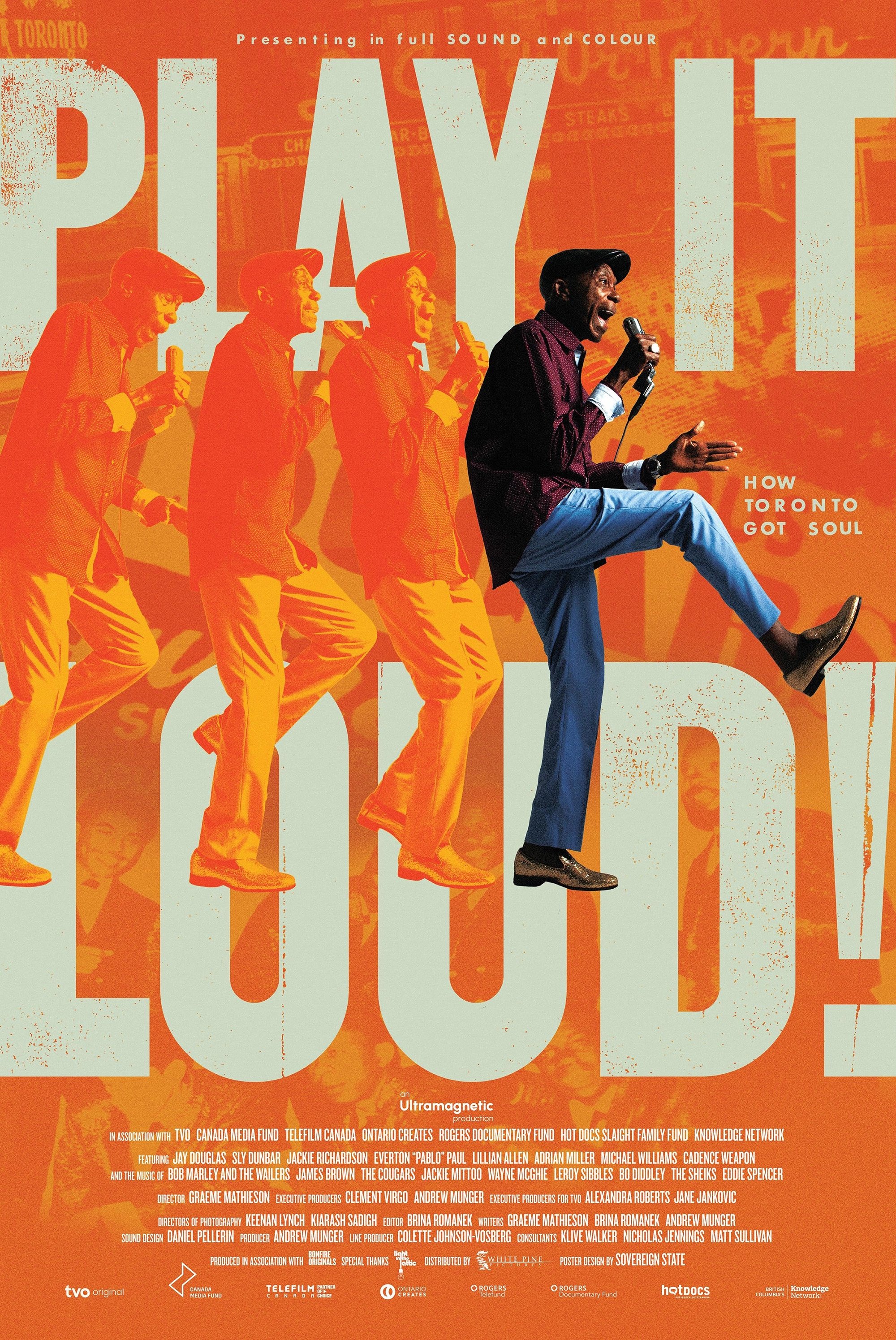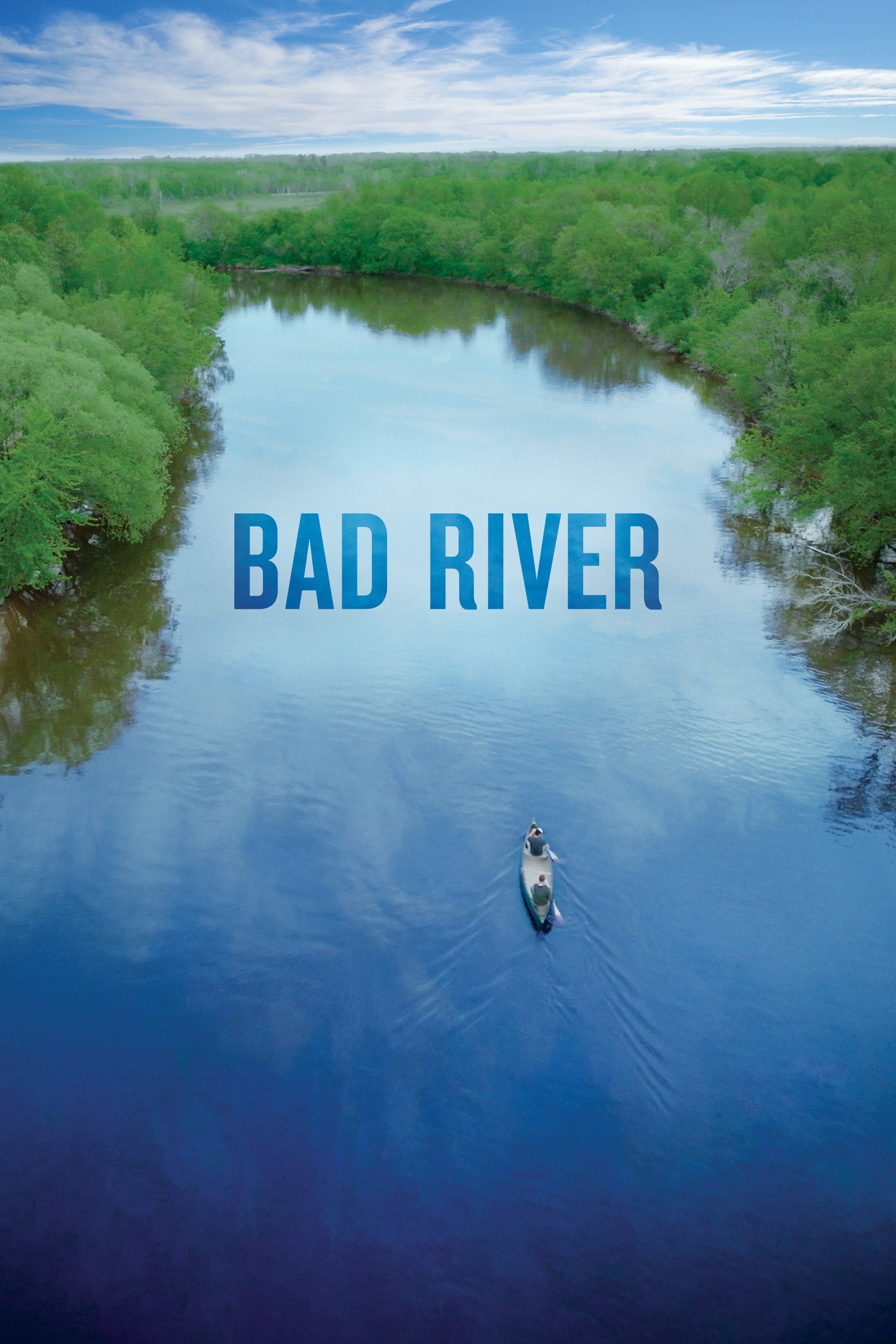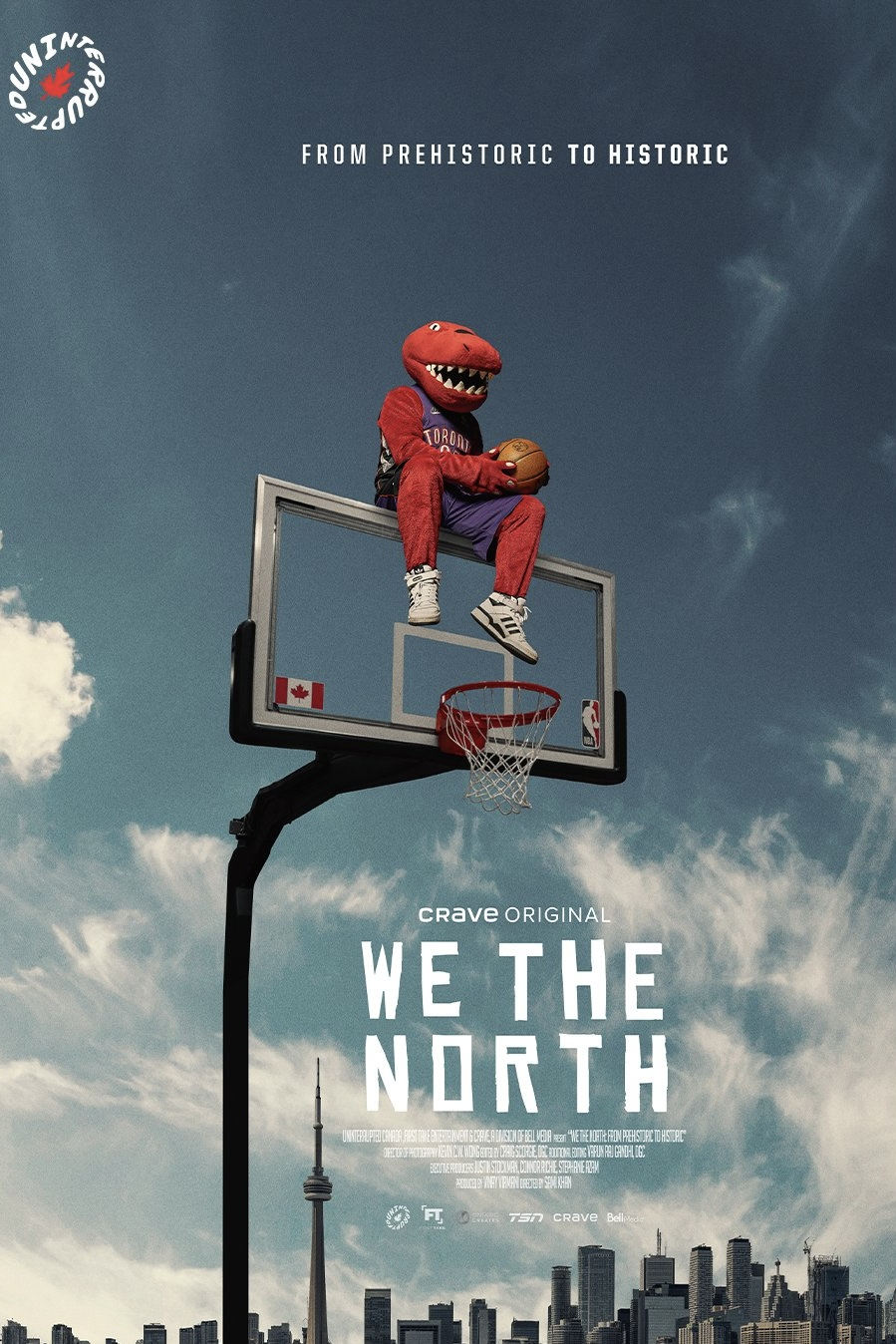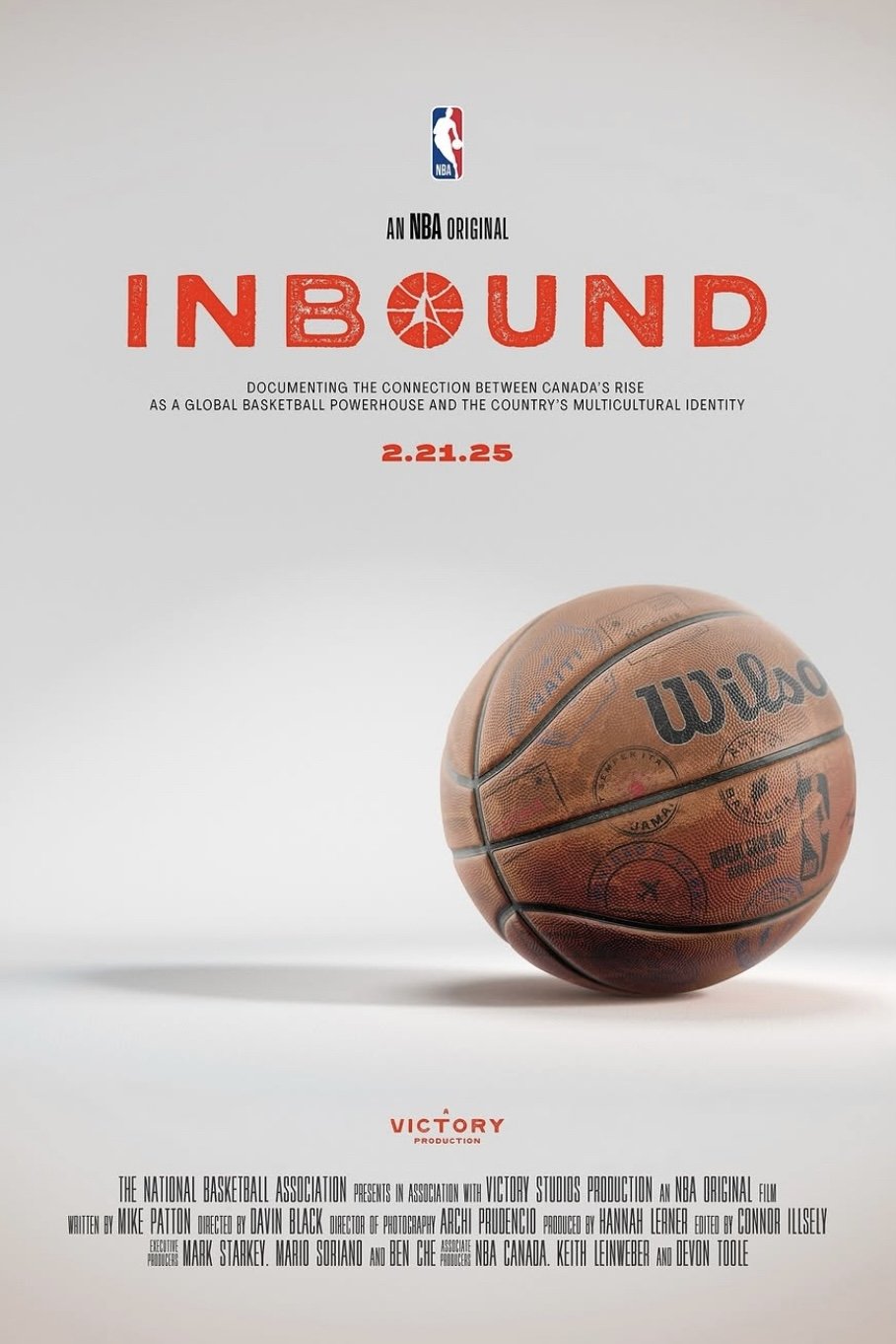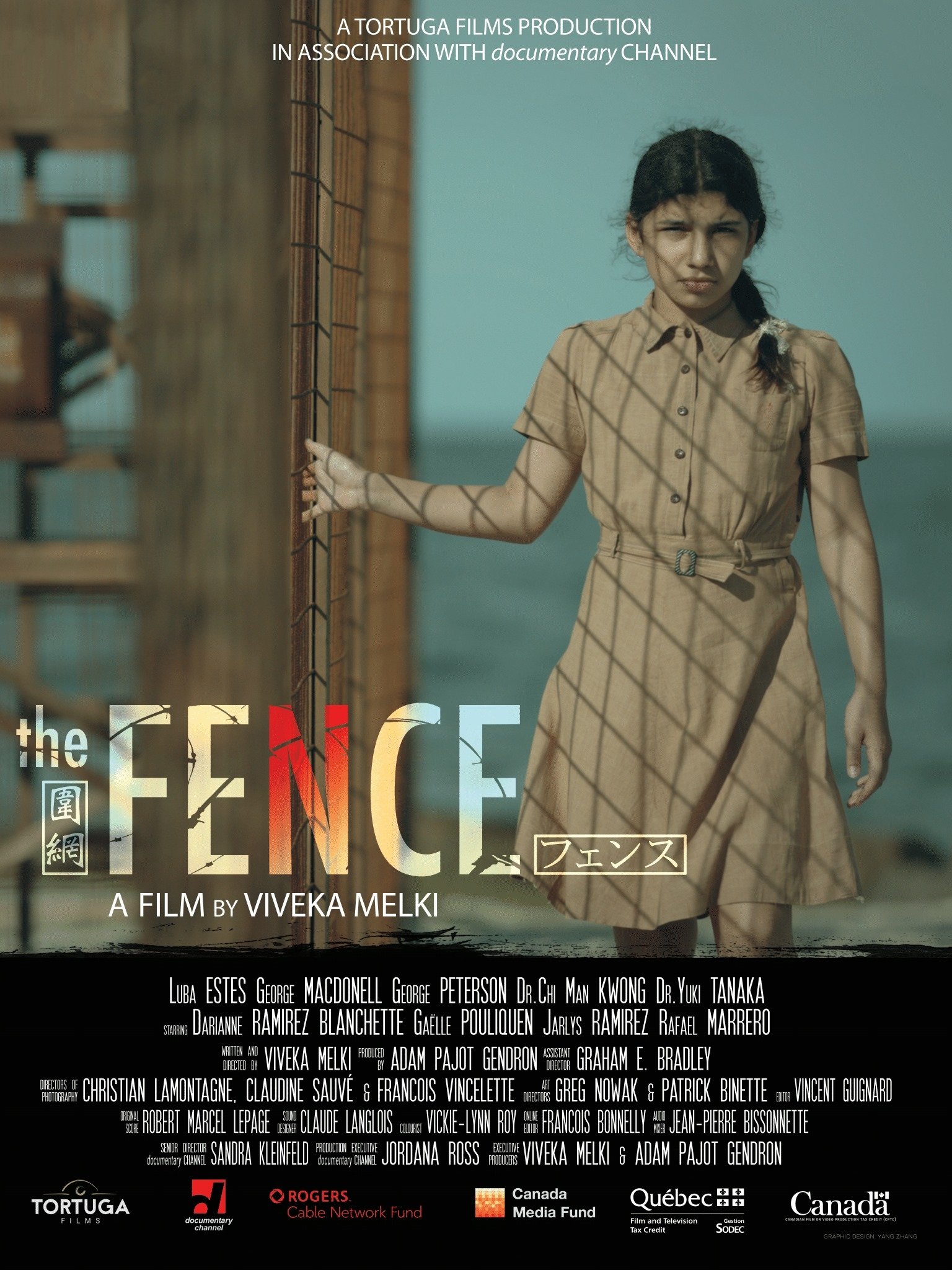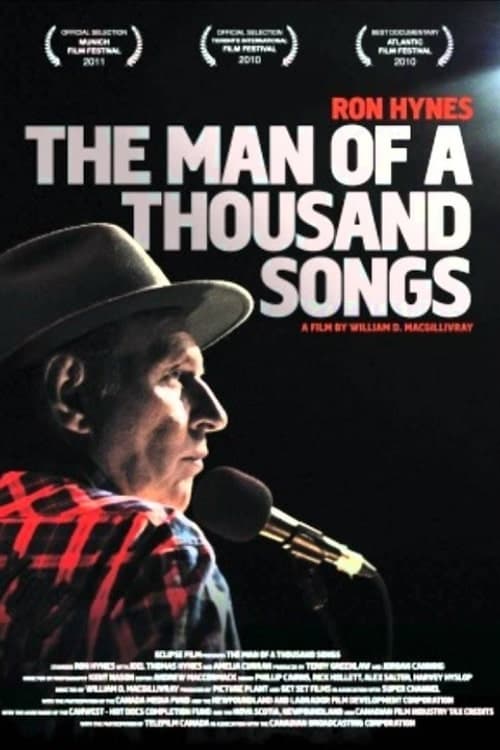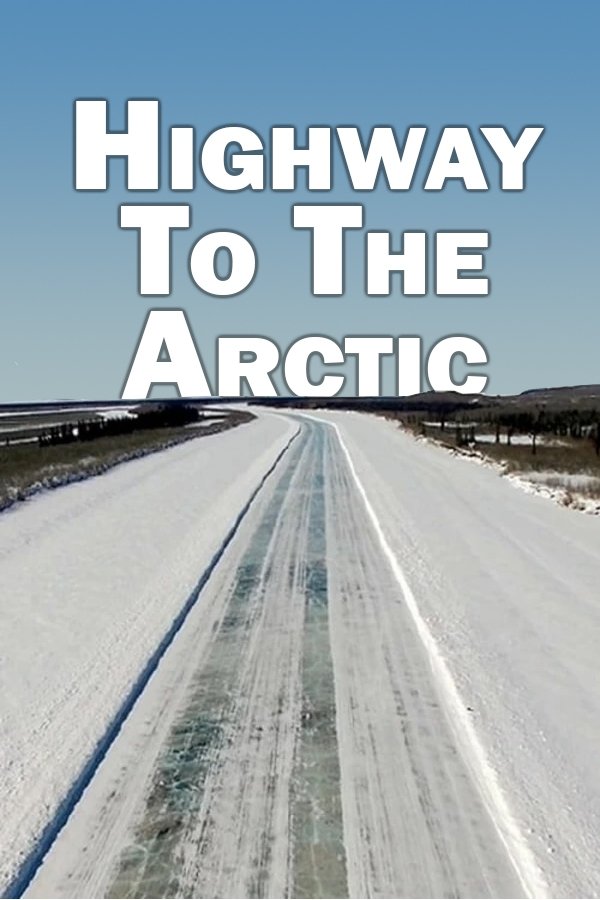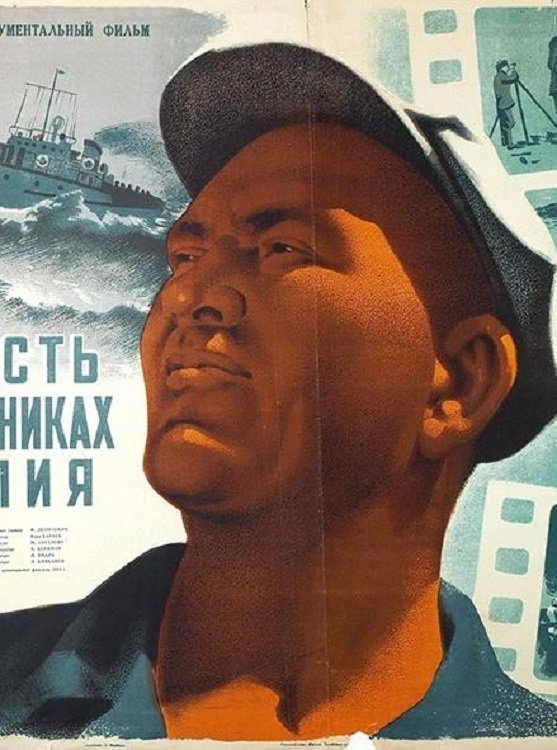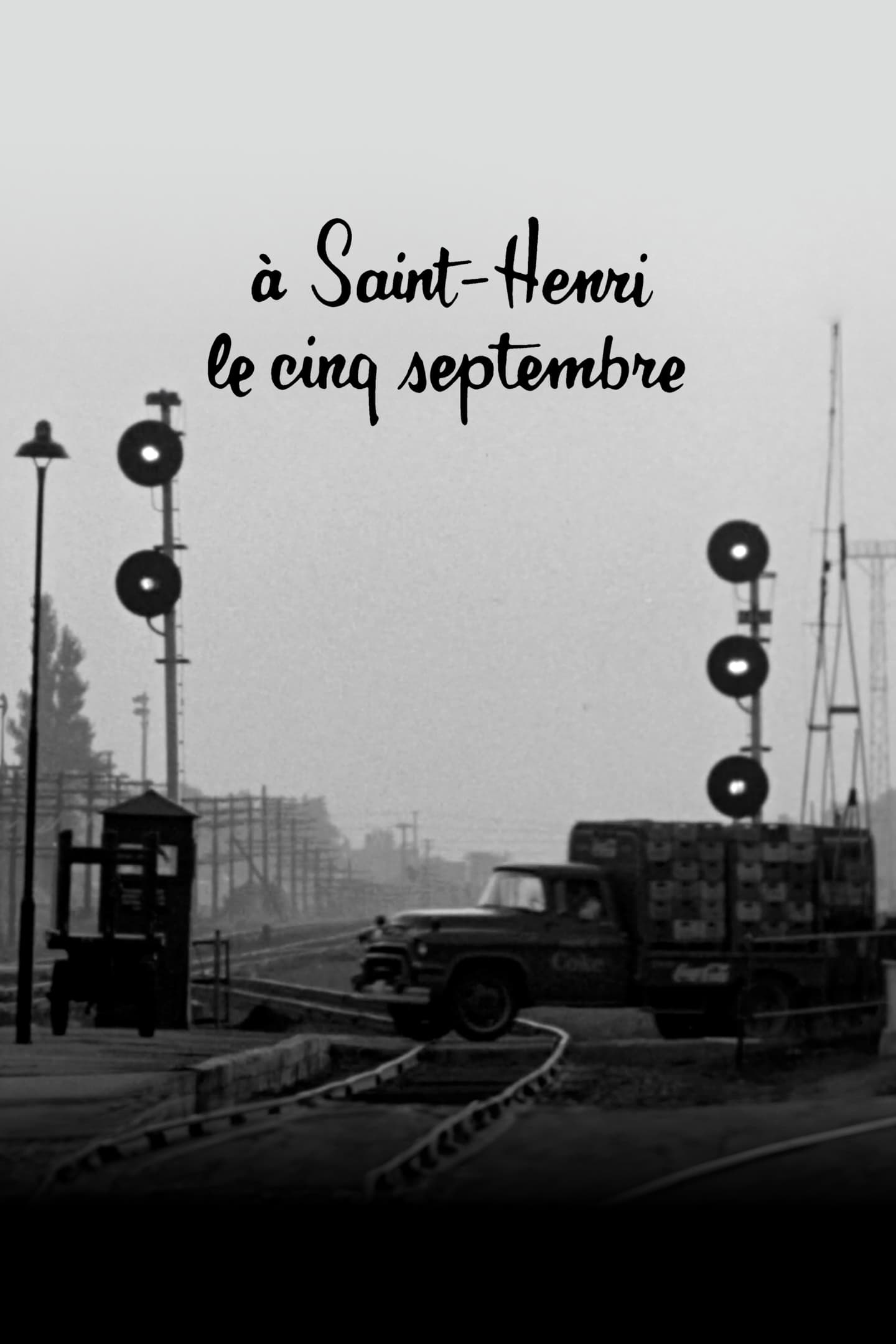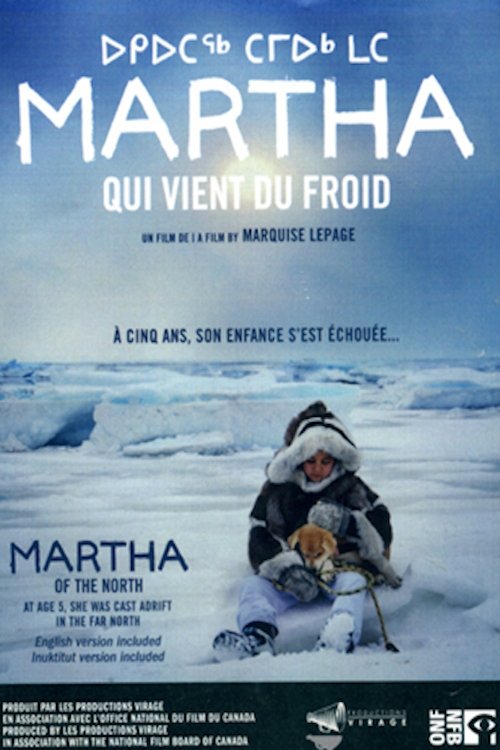
The Time of the Tar Sands
Watch Movie
Share
The Time of the Tar Sands
1975
0h 29m
0.0(0 votes)
Documentary
Overview
A promotional video produced by the Alberta government in 1975, "The time of the tar sands", featuring Gordon Pinsent. credit: Archives of Alberta.
Links & Resources
Social & External
Cast & Crew
1 member
Acting
Gordon Pinsent
Unknown Role
